Alumni Spotlight: Hira Kissana
Alumni Spotlight: Hira Kissana
 Hira Kissana, a 2023 graduate of the Wright Institute’s Counseling Psychology Program, was born and raised in Vallejo, California. Her parents immigrated to the United States from Pakistan before their children were born and Hira grew up with very strong family bonds. “I had the greatest parents growing up,” she shared proudly. “My mother and father are my absolute heroes, and my siblings are my best friends.” Hira is the eldest daughter of the family, with one older brother and three younger sisters.
Hira Kissana, a 2023 graduate of the Wright Institute’s Counseling Psychology Program, was born and raised in Vallejo, California. Her parents immigrated to the United States from Pakistan before their children were born and Hira grew up with very strong family bonds. “I had the greatest parents growing up,” she shared proudly. “My mother and father are my absolute heroes, and my siblings are my best friends.” Hira is the eldest daughter of the family, with one older brother and three younger sisters.


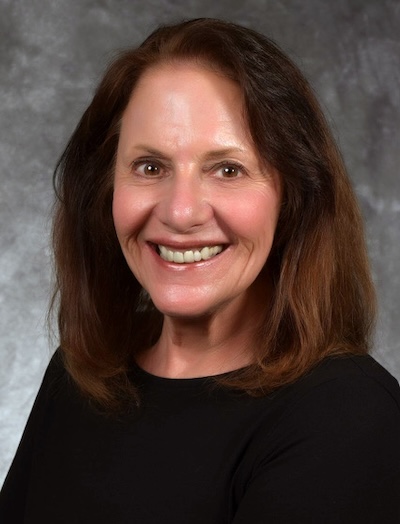 “Do the work that gives you the wisdom to ask the right questions,” advised Dr. Mary Lamia, faculty member in the
“Do the work that gives you the wisdom to ask the right questions,” advised Dr. Mary Lamia, faculty member in the 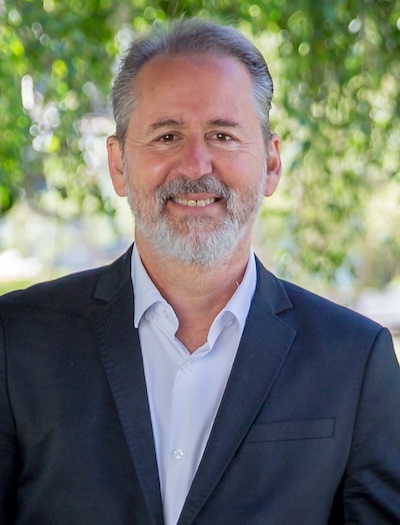 “Psychology is a great field and is always growing,” reflected Dr. Joshua Coleman, a 1989 graduate of the
“Psychology is a great field and is always growing,” reflected Dr. Joshua Coleman, a 1989 graduate of the 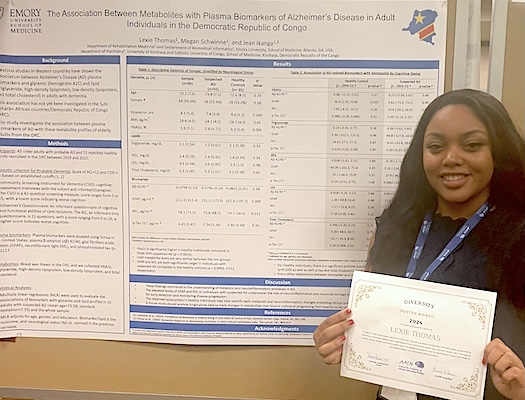 Lexie Thomas, a fourth year student in the
Lexie Thomas, a fourth year student in the 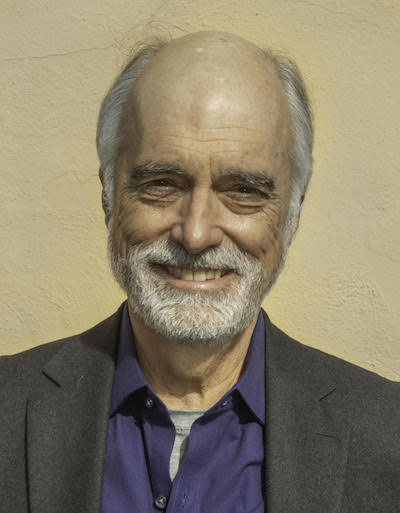 Dr. Philip Keddy, Adult Assessment faculty, gave a paper titled "Introversion and Extraversion in the Works of H. Rorschach and C.G. Jung" in a history symposium at the recent Inaugural
Dr. Philip Keddy, Adult Assessment faculty, gave a paper titled "Introversion and Extraversion in the Works of H. Rorschach and C.G. Jung" in a history symposium at the recent Inaugural 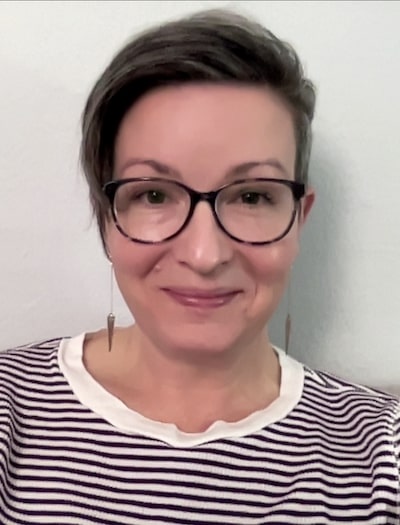 “I was always interested in psychology, but didn’t give myself permission to follow that interest until after I started volunteering at a hotline,” shared Beth Greivel, a graduate of and current part-time core faculty member in the
“I was always interested in psychology, but didn’t give myself permission to follow that interest until after I started volunteering at a hotline,” shared Beth Greivel, a graduate of and current part-time core faculty member in the